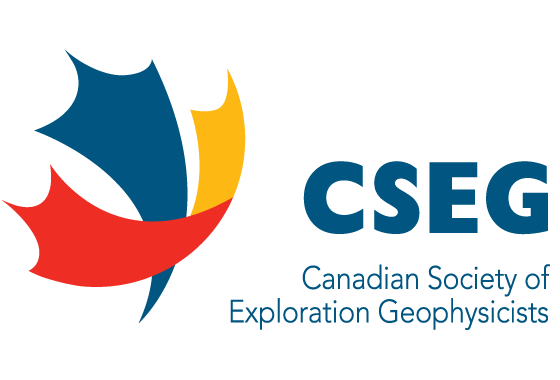Biography
Dr. Jennifer L. Miskimins is an Associate Professor and the Associate Department Head in the Petroleum Engineering Department at the Colorado School of Mines. Dr. Miskimins holds BS, MS, and PhD degrees in petroleum engineering and has over 25 years of experience in the petroleum industry. Between her BS and graduate degrees, she worked for Marathon Oil Company in a variety of locations as a production engineer and supervisor. Dr. Miskimins started teaching at CSM in 2002 and was full-time until 2013 when she returned to industry. From 2013-2016, she continued to hold a part-time appointment at CSM, advising research and graduate students, while working for Barree & Associates. In 2016, she returned full-time to the university.
Dr. Miskimins specializes in well completions, stimulation, hydraulic fracturing, and associated production issues. She is the founder and current Director of the Fracturing, Acidizing, Stimulation Technology (FAST) Consortium and also co-directs the Center for Earth Materials, Mechanics, and Characterization (CEMMC). Her research interests focus on the optimization of stimulation treatments and the importance of such on associated recovery efficiencies.
Dr. Miskimins served as the inaugural Completions Technical Director on the SPE International Board of Directors from 2016-2018. She was an SPE Distinguished Lecturer in 2010-2011 and 2013-2014 on hydraulic fracturing in unconventional reservoirs. Dr. Miskimins serves on a variety of conference organizing committees and as a technical editor for various journals.
Description
This two-day short course provides a broad, basic understanding of completion and stimulation techniques. Focus is placed on the design, construction, and stimulation of both vertical and horizontal wells. Specific topics discussed include wellbore integrity and design, completion types, downhole tools such as packers and bridge plugs, formation damage, and stimulation techniques including hydraulic fracturing and acidizing. As the title implies, the course is designed for geophysicists and other geoscientists and approaches these topics from a multidisciplinary viewpoint to facilitate the input of geological and petrophysical components into completion and stimulation operations. Data and information that should be considered and shared by all disciplines is discussed. Why certain completion and stimulation techniques are chosen in certain reservoirs versus others is also reviewed.




